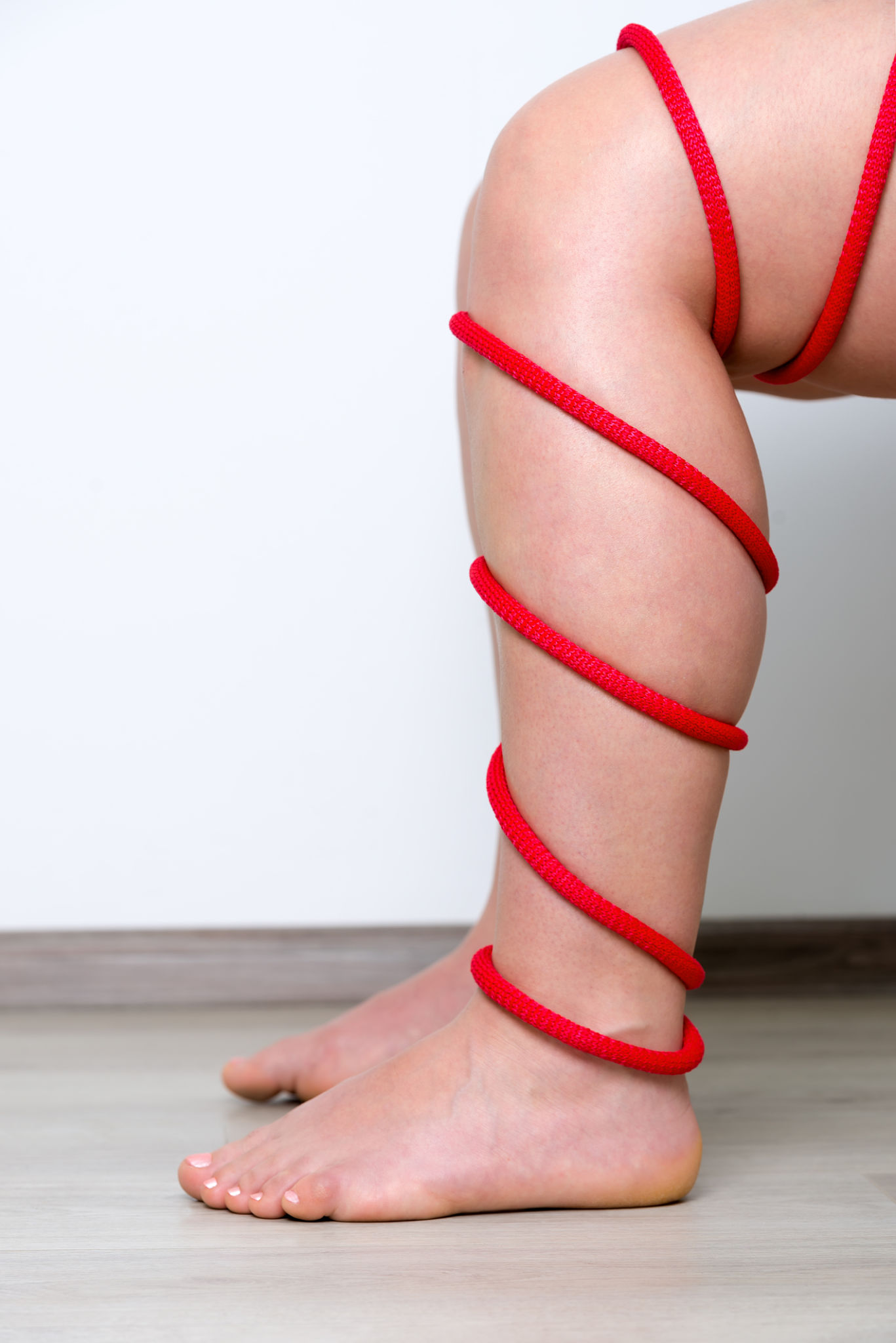Understanding Lipedema: Symptoms, Diagnosis, and Treatment Options
What is Lipedema?
Lipedema is a chronic condition characterized by the abnormal accumulation of fat, typically in the legs and arms, but it can also affect other areas of the body. This condition is often painful and can lead to significant discomfort and mobility issues. Unlike obesity, lipedema fat is resistant to diet and exercise, making it particularly challenging to manage.

Recognizing the Symptoms
Identifying lipedema can be difficult, as its symptoms are often mistaken for obesity or other medical conditions. However, there are distinct signs that differentiate it from similar conditions.
Common Symptoms
Some of the most common symptoms of lipedema include:
- Symmetrical swelling in the legs and arms
- Soft, nodular texture of the skin
- Painful or tender limbs
- Easy bruising
Stages of Lipedema
Lipedema progresses through several stages, each with varying severity. Early diagnosis and management are crucial to prevent further progression and complications.

The Diagnostic Process
Diagnosing lipedema involves a comprehensive evaluation by a healthcare professional. This typically includes a physical examination, detailed medical history, and sometimes imaging studies to differentiate it from other conditions such as lymphedema or obesity.
Consulting with Specialists
A proper diagnosis often requires consultation with specialists who understand the nuances of lipedema. Vascular surgeons, dermatologists, and endocrinologists might be involved in the diagnostic process.

Treatment Options
While there is currently no cure for lipedema, several treatment strategies can help manage symptoms and improve quality of life.
Conservative Treatments
Conservative treatments are often the first line of defense and may include:
- Compression therapy to reduce swelling and discomfort
- Manual lymphatic drainage (MLD) to promote fluid movement
- Physical therapy for improved mobility and strength
Surgical Interventions
In more advanced cases, surgical options such as liposuction may be considered to remove excess fat deposits and alleviate symptoms. These procedures should be performed by specialists experienced in treating lipedema.
Understanding lipedema is crucial for those affected by this condition. Through awareness and effective management strategies, individuals with lipedema can lead healthier, more comfortable lives.
